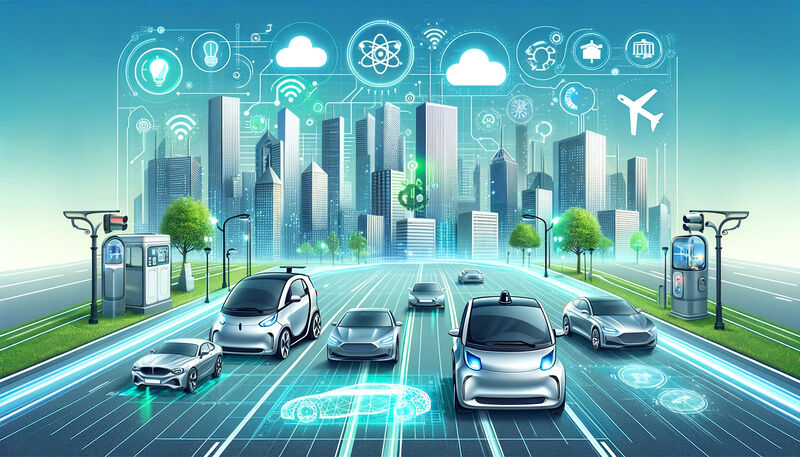The Future of Transportation: Electric Vehicles and Autonomous Driving

The future of transportation is steering towards sustainability and autonomy, with electric vehicles (EVs) and autonomous driving at the forefront of this transformation. This transition not only promises to reduce environmental impact but also to enhance safety and efficiency on our roads. This article explores the advancements in electric vehicles and autonomous driving technologies, their potential impact on society, and the challenges they face.
The Rise of Electric Vehicles
Electric vehicles are becoming increasingly popular, driven by advancements in battery technology, governmental incentives, and a growing awareness of the environmental impact of fossil fuels. EVs offer a cleaner alternative to traditional vehicles, significantly reducing greenhouse gas emissions and pollution.
- Advancements in Battery Technology: Improvements in battery life, charging speed, and cost are making EVs more accessible and practical for the average consumer.
- Infrastructure Development: The expansion of charging networks is crucial for the widespread adoption of EVs, requiring significant investment and planning.
The Evolution of Autonomous Driving
Autonomous driving technology aims to revolutionize how we commute, offering increased safety and efficiency. By reducing human error, which is a leading cause of traffic accidents, autonomous vehicles (AVs) have the potential to drastically improve road safety.
- Levels of Autonomy: From partially autonomous to fully self-driving vehicles, the journey to full autonomy involves several stages, each with its own set of technological and regulatory challenges.
- Impact on Industries: Autonomous driving will have far-reaching effects beyond personal transportation, including logistics, public transportation, and urban planning.
Challenges and Considerations
While the shift to electric and autonomous vehicles holds promise, it also presents challenges:
- Regulatory Hurdles: Establishing a legal framework for autonomous vehicles is complex, involving safety standards, liability issues, and ethical considerations.
- Economic and Social Impact: The transition to EVs and AVs will have significant economic implications, including potential job losses in traditional automotive industries and changes in urban infrastructure.
The Road Ahead
The future of transportation is poised for significant change, with electric and autonomous vehicles leading the way. Embracing these technologies while addressing the accompanying challenges will be key to realizing a sustainable, safe, and efficient transportation system.

